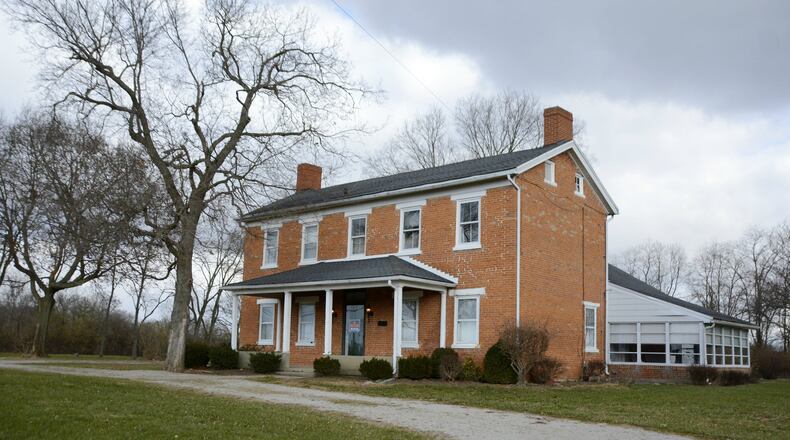INITIAL REPORT: Fairfield residents want to save historic home from wrecking ball
“It’s kind of a short-term recommendation, and we’ve scheduled for the March meeting to look at that master plan,” he said. “There’s no major rush or pressure (for a decision on the fate of the building).”
Meece, and Fairfield City Councilman Craig Keller, who represents the council on the parks board, were the two dissenting park board votes.
“It’s just on the fiscal side,” Meece said of the dissenting votes.
He said he sided with City Council that it’s not fiscally feasible to keep the house operational, and the city already is losing money on one historic house.
The group of residents in December, and then again last month, asked the city to delay on a vote to demolish a 19th century home on River Road in hopes to convert it to a type of educational facility for the Marsh Park redevelopment and expansion.
FAIRFIELD NEWS: Fairfield chooses its next police chief from within
City Council said in December the city didn’t need to subsidize another historic building as it does with the Elisha Morgan Mansion, a registered historic building on Ross Road. The city pays around $40,000 in subsidies to keep that property, which hosts community and private events, open.
The city acquired the property, which is on a 3.3-acre parcel known as the Muskopf property, last year with a $250,000 Ohio Public Works Grant. The grant prohibits the city from making a profit from the property. The Muskopf property included a barn, which has since been torn down, and the 1824 Cooper House, which the city had intended to raze it and expand the parking lot of Marsh Park.
The Save the Cooper House committee, headed by Dean Bruewer, who also sits on the city’s parks board, said the 19th-century house could showcase the city’s environmental works, including the ongoing reclamation project following the half-century-long gravel mining project of Martin Marietta at Marsh Park. The building could also “develop alternative uses for the historical Cooper House, which results in its restoration and inclusive use for environmental education and recreation, and fosters public awareness of its historical significance,” he said.
The building could also be used for other regional environmental education opportunities, as well as helping to preserve Fairfield’s historic legacy. The Cooper House was owned by Thomas Cooper, an immigrant that was one of the first inhabitants of what is now the city of Fairfield.
A Change.org petition now has nearly 1,500 people signed on to support the Save the Cooper House committee's cause.
Fairfield Mayor Steve Miller said in December, and restated his position last month, that if the Cooper House is to be saved then the public and other partners need to support it financially as the city won’t be doing so.
About the Author

